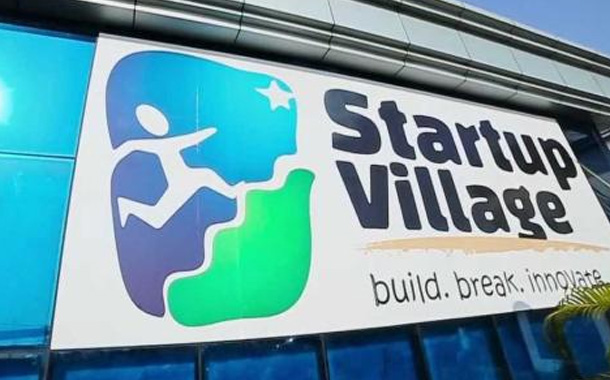Approves Startup Village Phase 2 for National scale up; World’s First Digital Incubator for students to be launched on July 13
India’s first PPP model incubator, which was launched as a trailblazing initiative four years ago in Kerala to build a startup culture among the state’s youth and become a blueprint for the nation, is all set for a national scale up with the Central Government’s Department of Science and Technology approving Startup Village’s Phase 2 in its completely digital avatar.
The Startup Village Phase 2, in tune with the Prime Minister’s Startup India program, will focus on creating an entrepreneurial culture amongst the country’s five million engineering students by providing them a completely digital incubation framework, ranging from application for admission to teaching, mentoring and graduation.
Pinarayi Vijayan, Hon’ble Chief Minister and Minister for IT; Kris Gopalakrishnan, Infosys Co-Founder and Chief Mentor of Startup Village; and Dr H K Mittal, Head of National S&T Entrepreneurship Development Board, GOI, will launch SV.CO, the world’s first digital incubator for student startups on July 13 at Thiruvananthapuram.
India needs more than one million new jobs a month for the next 20 years to employ all its youth and these jobs would mostly come from new startups if the right environment is created.
Mr. Gopalakrishnan noted that students, especially from Tier 2 and Tier 3 cities, are deprived of access to the best faculty and mentors from startup nerve centers like Bengaluru or Silicon Valley. “The digital transformation of the incubator would address the problem to a large extent,” he said.
The Digital Incubator, which was built over the last 12 months, has already received more than 1,000 applications from students from across Kerala and towns like Vadodara in Gujarat and Vishakhapatnam in Andhra Pradesh in its beta stage.
Students can form teams and apply at www.sv.co for admission to the digital incubator. Once selected, they will be guided right from selecting an idea to building a prototype and its launch to early customers within six months. Based on whether customers like the product, teams can then graduate to Incubators, Accelerators, raise Angel Funding, and even get acquired as a team or hired to other startups or go for higher studies.
As per the release, the Phase 2 of Startup Village comes in the wake of Department of Science and Technology approving the project completion report of Phase 1 (2012-15) of the national award winning incubator. Its original mandate was to incubate 48 startups during this period, but it went on to receive an overwhelming 6,000 plus applications. Also, 3,000 new jobs were created by the young startups, which raised more than Rs 45 crore in funding.
Started as an experiment in 2012, Startup Village is a pioneer in the incubation ecosystem in the country with its bold experiments and PPP structure, which allowed for fruitful government-industry-academia collaborations. This was reflected in rapid policy initiatives like introduction of India’s first Student Startup Policy, launch of the country’s largest Learn to Code Campaign for school students, SV Square program to take students to the Silicon Valley and setting up of Hardware Labs with support from MIT.
Currently, more than nine states send their official delegations to Startup Village to study its model. His company, MobME (one of India’s first campus startups), has, over the last decade, created jobs equal to 25 lakh NREGA job days and taxes equal to Rs 25 crore Indians to have one kg of rice. Silicon Valley-headquartered Sequoia capital recently led its investment of 7M USD into its payment product Chillr.
The 20 teams which completed incubation in the beta phase of SV.CO saw huge success in getting admitted to Zone Accelerator in Mumbai, getting acqui-hired by Tally or landing handsome jobs in leading startups like Ola and Free Charge.
Startup Village Chairman Sanjay Vijayakumar said, “The only way to cater to the demand and scale up the incubator’s presence across the nation was to go digital. Technology is both a great enabler and leveler. By leveraging technology, we have a unique opportunity to teach everyone on how to build great startups, right in schools and colleges.”




